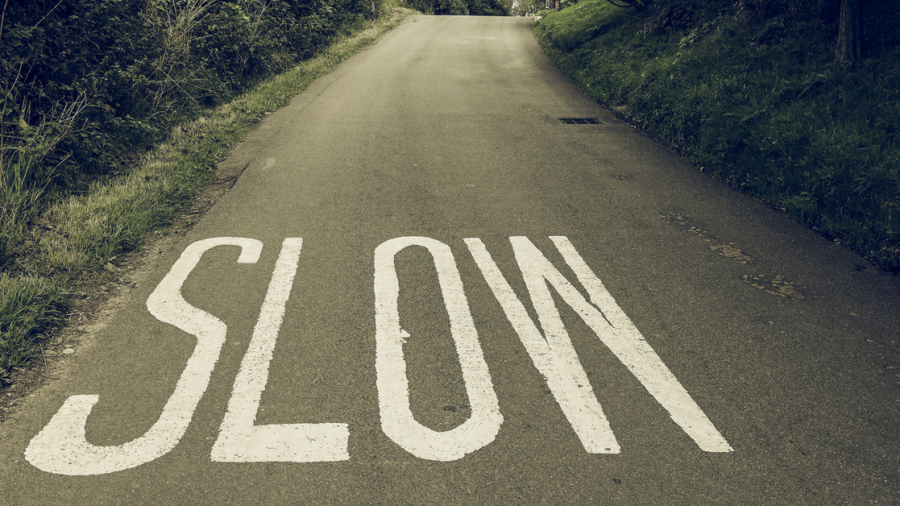If you drive to work in Sydney, you probably know it’s taking longer than it used to. The average return commute is now 71 minutes. Sydneysiders endure much the same commute time as drivers in Ankara in Turkey, San Diego in the USA and St Petersburg in Russia. Meanwhile, the 71 minute average obscures the fact many people spend hours commuting in their car.
The latest Household, Income and Labour Dynamics in Australia (HILDA) survey covers 17,500 people in 9,500 households and includes people who work at home and don’t commute at all.
Slow cities
In the past 15 years, commute times in Australia have gone up by nearly a quarter. Sydney has fared the worst. However, Brisbane commuting times have gone up by half in recent years and Canberrans suffered the biggest jump of all cities this year.
For some idea how Sydney compares to other cities, Expert Market tracks commute times in UK, Europe, USA and South America. By far the shortest commutes are found in Spain and France; the longest are in Brazil and Colombia:
| 5 fast cities | 5 slow cities |
| 1. Nice, France | 1. Rio De Janeiro Brazil |
| 2. Cuenca, Spain | 2. Bogota, Colombia |
| 3. Bilbao, Spain | 3. Sao Paulo Brazil |
| 4. Toulouse, France | 4. Istanbul, Turkey |
| 5. Catania, Sicily | 5. Salvador, Brazil |
(Most of us don’t have the luxury of moving to Nice.)
Why does it take so long?
The question is why commutes are taking longer, especially as new toll roads are supposed to shave off times.
Officially, the answers are purely economic: population booms, high house prices sending people to outer suburbs, more women (71%) in the paid workforce, and lack of investment in public transport.
Other related trends can increase the volume of traffic. For example, tradespeople have the longest commutes of all occupations and demand for their services is going up. More housing, and more couples out at work, create extra demand for tradespeople. They carry their tools and have no choice but to use their utes or vans for commuting.
The price of commute time
The price of commute time, for some people, is still worth paying. They can live in a more pleasant, affordable area and enjoy a better lifestyle. For others, it means increasingly long periods away from their families, poor work/life balance, higher divorce rates, and poorer overall health.
If commutes have been getting longer in the past 15 years, then building more roads does not seem to have made much difference. With the price of tolls going up by more than inflation every 3 months, it becomes harder to justify the argument that they “save time”.


your opinion matters: